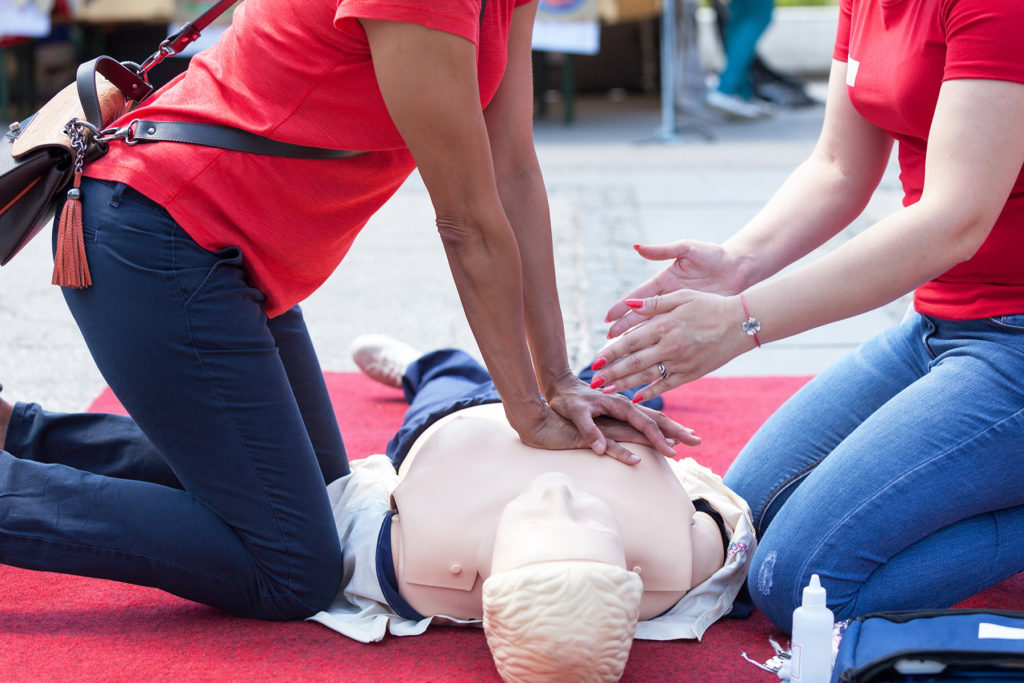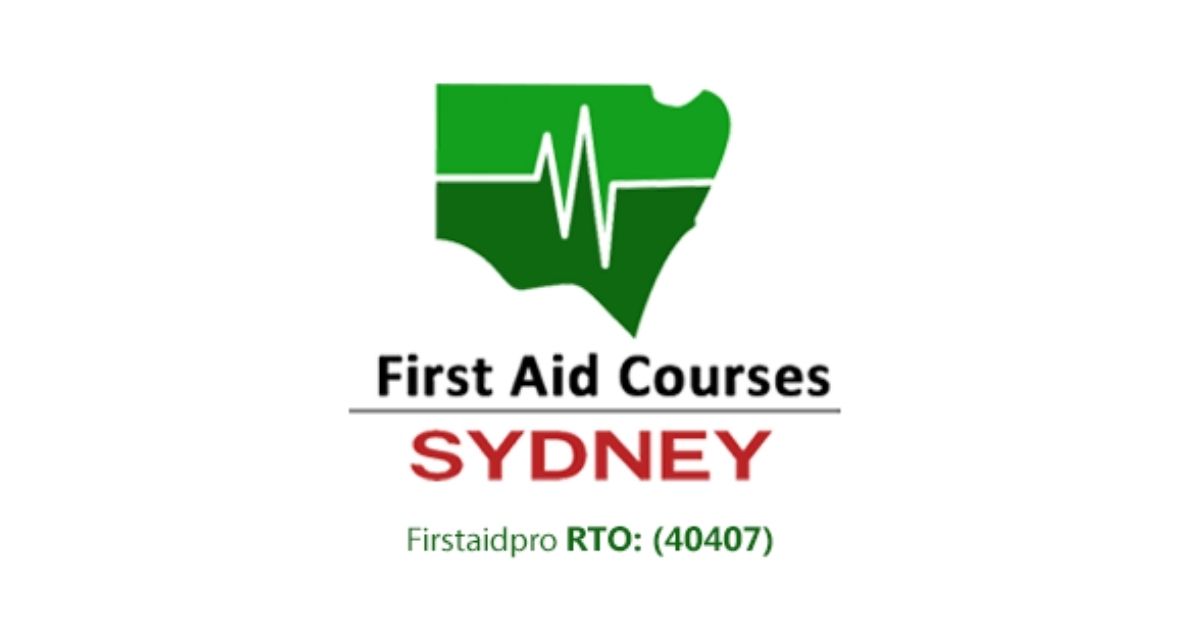First aid certificates often last for 3 years, while CPR is valid for just one year. Like anything that is not practised, your knowledge and ability to respond may naturally fade. The lack of practice in-between time can cause compounded skills and lead to poor emergency response.
A recent study has found that first aid and CPR skills are forgotten shortly after certification. The main areas of concern following the training are confidence as well as competence. This blog aims to avoid the skill and knowledge decay in first aid by following these tips.
Read on to know how to retain your First Aid and CPR skills even after the training.
-
Read a First Aid Manual
If you have completed a first aid course before, most likely, you will receive a first aid manual or a booklet. This manual provides instructions on how to respond to some of the most common first aid situations.
First aid manuals are useful in familiarising yourself with injuries and illnesses you are most likely to face daily. However, these instructions can only take you so far. If you are not fully equipped in doing the basics, you will need to undergo a recertification course.
-
Watch Videos Online
Lucky for us, we have easy access to the internet, which is a great resource for learning more about first aid. Doing a quick search with the right keywords will allow you to refresh your skills in the comfort of your own home. However, there is a risk in doing so. As much as possible, only trust videos from known resources. If you are not sure about the information, you are getting, better ask your doctor.
-
Read more and learn more.
If you found this blog, you may have already visited our website, including our blog section. We have hundreds of blogs with different topics relating to health and safety, CPR, and first-aid procedure. Our blogs delve into the topics in more detail to give you a better understanding of a certain injury or illness. We discuss its causes, tips, and the appropriate first aid.
Many of these blogs link with other valid resources and sites relevant to the topics. We also cover legal responsibilities, the Good Samaritan law, and any first aid and CPR changes.
-
Take Online First Aid Course
First Aid Online provides you with a quality course presented clearly and logically. Completing a first aid course online ensures that you will receive all information to be an effective responder. Some online courses may also offer blended learning, which is a requirement for certain employment opportunities.
-
Take Recertification Classes
Recertification or refresher courses are recommended for those who have expired certificates or faded skills. Refresher courses allow you to renew your skills and knowledge of first aid and learn the latest techniques.
Keep learning and take these classes regularly to make sure you know what to do if an emergency strikes.
Takeaway
Following the tips above can help your knowledge and skill intact when it comes to providing first aid. However, as with any other training, updating your skills and knowledge is vital. In today’s fast-paced society, we should continuously learn and improve on the important things, like first aid.
First aid training is something you can benefit from regardless of your profession and the industry you belong to. It is also helpful whatever status you have, no matter how old or young you are. Understanding first aid is an important life skill that could save lives. For those reasons, it is important to keep your first aid training up to date.
If you are ready to take a refresher course, give us a call at 08 8382 4677 and one of our staff will be happy to assist you.







